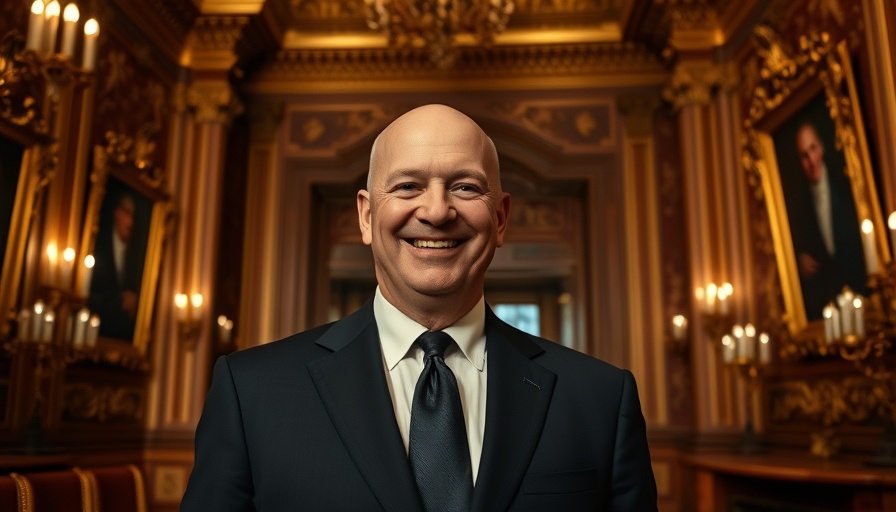
The Physiology Behind Cory Booker's Marathon Senate Speech
On a remarkable Monday evening, Senator Cory Booker amazed the world with a feat of endurance, delivering a 25-hour-long speech on the Senate floor. This historic occasion not only challenged the political norm but also pushed the boundaries of human capability, raising questions about the body’s resilience and the interplay between physical limits and mental fortitude.
Understanding the Human Limits During Extended Endurance
Booker’s marathon speech, recognized as the longest in Senate history, saw him speaking continuously without food, water, or bathroom breaks. This almost superhuman endeavor has experts pondering the physiological implications of such a tremendous feat. Dr. Santina Wheat, a family medicine expert, noted, "Being able to deliver such a lengthy speech, without any sort of break, is an amazing physical feat." Each hour pushed Booker’s body closer to its limits, especially as his Oura ring indicated a heart rate exceeding 100 beats per minute after seven hours of continuous speaking.
Breaking Down the Body's Response to Stress
During extreme physical exertion, the body undergoes significant physiological changes. The stress response kicks in, increasing adrenaline and affecting heart rate and blood flow. Booker's choice to fast for days before the speech was likely an attempt to prevent interruptions from hunger or the need for restroom breaks. However, experts advocate for balanced hydration and nutrition, countering Booker's method with their standard advice. "Staying hydrated and taking breaks is essential for optimal health and performance," Dr. Wheat emphasized. Despite his success, this approach begs the question: what are the long-term effects of such behavior?
The Intersection of Politics and Physical Well-Being
This extraordinary speech is not just about political statements; it's a fascinating case study in the intersection of mental health, endurance, and nutrition. The massive undertaking highlights how societal expectations can sometimes erroneously glorify self-sacrifice in the name of activism or politics. While Sen. Booker emerged relatively unscathed, many would question how sustainable this practice is for other public figures who might feel the pressure to emulate such extremes.
Lessons From Booker's Speech for Everyday Life
What can we take away from Cory Booker's 25-hour speech in terms of wellness? First, it underscores the importance of listening to our bodies. The anecdotal results of his experience teach us to carefully balance ambition and self-care. Instead of fasting or pushing physical capabilities to extremes, individuals can opt for more sustainable practices that promote health and well-being. Integrating regular hydration breaks, nutrition, and listening to one’s body are pivotal in pursuing major endeavors without jeopardizing health.
Potential Risks: A Look at Endurance Practices
While Booker’s achievement highlights human resilience, it also shines a light on potential risks involved in extreme endurance practices. Extended periods of fasting or physical strain without rest can lead to dehydration, electrolyte imbalances, and fatigue. There’s an inherent danger in idolizing unsustainable feats of endurance, especially in a society already grappling with high levels of stress and burnout.
What This Means for Future Political Discourse
As we reflect on Senator Booker’s speech, we may reconsider how endurance and wellness can influence public engagement and discourse. Activism does not need to come at the expense of health; indeed, a more balanced approach could serve as a model for future political endeavors, promoting wellness alongside advocacy. It invites us to reframe our discussions about what is truly necessary in the pursuit of justice and equality.
Conclusion: A Call for Reflection
In the wake of Cory Booker's remarkable statement and act of endurance, it's essential to reflect on our own health practices. Leaders in all sectors can advocate for causes without compromising personal well-being. Instead of mirroring extreme acts, prioritizing sustainability could foster a healthier approach to activism. As communities, supporting holistic practices can benefit both advocates and their audiences, cultivating a more informed and compassionate public discourse.
 Add Row
Add Row  Add
Add 




 Add Row
Add Row  Add
Add 

Write A Comment